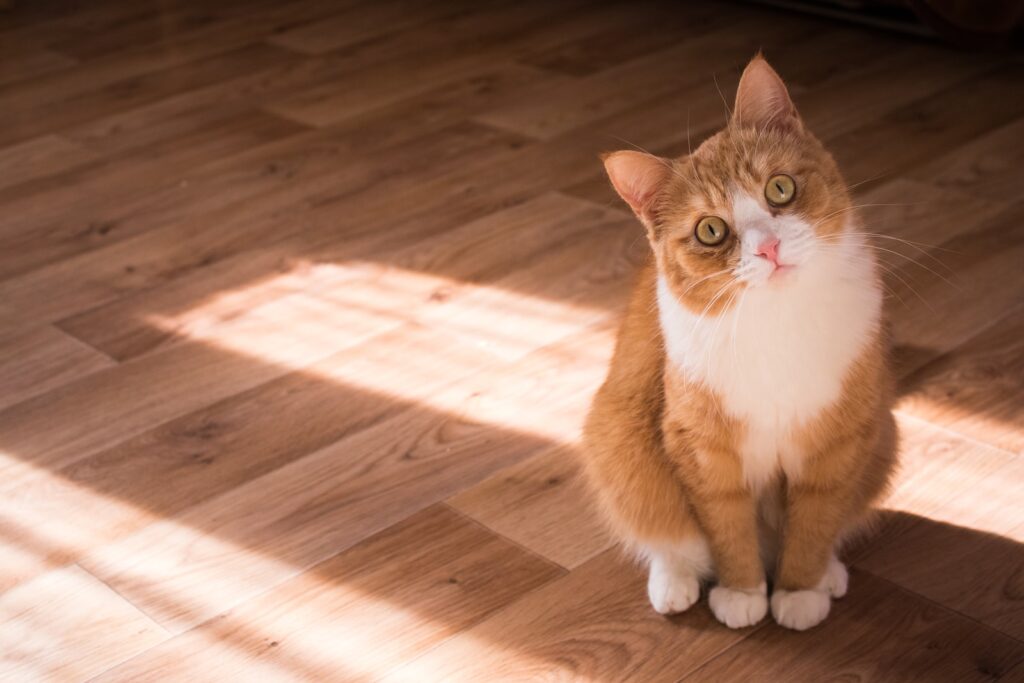Can Cats Eat Grapes? — No, They Can’t
Grapes are a popular and delicious fruit enjoyed by humans, but it’s important to note that they are toxic to cats and should never be fed to them. Even though cats may be curious about the sweet taste and juicy texture of grapes, their consumption can lead to severe health issues and even fatal consequences.
Is It Safe for Kittens to Consume Grapes?
Just like adult cats, kittens should never be given grapes to eat. The toxic compounds found in grapes affect cats of all ages, and their young and developing bodies may be even more susceptible to the harmful effects. It is crucial to keep grapes and any products containing grapes out of reach of kittens to ensure their safety and well-being.
Risks Associated with Feeding Grapes to Kittens
Feeding grapes to kittens can lead to various risks and health issues. The toxins present in grapes can cause acute kidney failure, which can have devastating consequences for the kittens’ health. Additionally, symptoms such as vomiting, diarrhea, abdominal pain, decreased appetite, and lethargy may occur.
Why Grapes are Not Recommended for Cats
Toxic Substances
Grapes contain certain substances that are toxic to cats. These toxins, such as resveratrol and tannins, can cause kidney damage and failure in cats. Even small amounts of grapes or raisins can be detrimental to a cat’s health, so it’s crucial to avoid feeding them to your feline companion.
Gastrointestinal Upset
Even if a cat does not experience severe toxicity from grapes, it can still cause gastrointestinal upset. Cats may experience vomiting, diarrhea, abdominal discomfort, and loss of appetite after consuming grapes. These symptoms can be distressing for cats and may require veterinary intervention to alleviate the discomfort.
Unknown Sensitivity
Each cat is unique, and their sensitivity to certain substances can vary. While some cats may consume grapes without showing any immediate symptoms, others may experience severe adverse reactions. It is always better to err on the side of caution and avoid feeding grapes to cats altogether.
Known Health Issues in Cats from Consuming Grapes
The consumption of grapes by cats can lead to several health issues, including:
- Kidney Failure: The toxins present in grapes can severely damage a cat’s kidneys, leading to acute kidney failure. This condition requires immediate veterinary attention and can be fatal if left untreated.
- Gastrointestinal Upset: Cats may experience vomiting, diarrhea, and abdominal discomfort after ingesting grapes. These symptoms may persist for several days and can cause dehydration and malnutrition if not addressed promptly.
- Decreased Appetite: Consumption of grapes can lead to a decreased appetite in cats. This can result in weight loss and nutritional deficiencies if the cat does not resume their regular eating habits.
What to Do If a Cat Has Consumed Grapes?
- Action 1: If you suspect that your cat has consumed grapes, contact your veterinarian immediately for guidance. Provide them with information regarding the quantity ingested and the cat’s current symptoms.
- Action 2: Follow any advice given by the veterinarian, which may include inducing vomiting or administering activated charcoal to prevent further absorption of toxins.
- Action 3: Monitor your cat closely for any changes in behavior, appetite, or signs of distress. Keep them well-hydrated and offer easily digestible food, if advised by the veterinarian.
Safe Alternatives to Grapes for Cats
Instead of grapes, there are several safe and healthy alternatives you can consider for your feline companion. Some suitable options include:
- Fresh cat-friendly fruits like sliced apples, bananas, or blueberries (in moderation).
- Cooked lean meats such as chicken or turkey, ensuring it is boneless and free from any seasoning or additives.
- Cat-specific treats available in pet stores that are formulated to meet their nutritional needs.
Conclusion
In conclusion, grapes should never be included in a cat’s diet. The toxic substances present in grapes can lead to severe health issues, including kidney failure, in both adult cats and kittens. It is essential to prioritize your cat’s well-being and avoid any potential risks associated with feeding them grapes. Instead, opt for safe alternatives that will provide nutrition and enjoyment for your feline companion.






